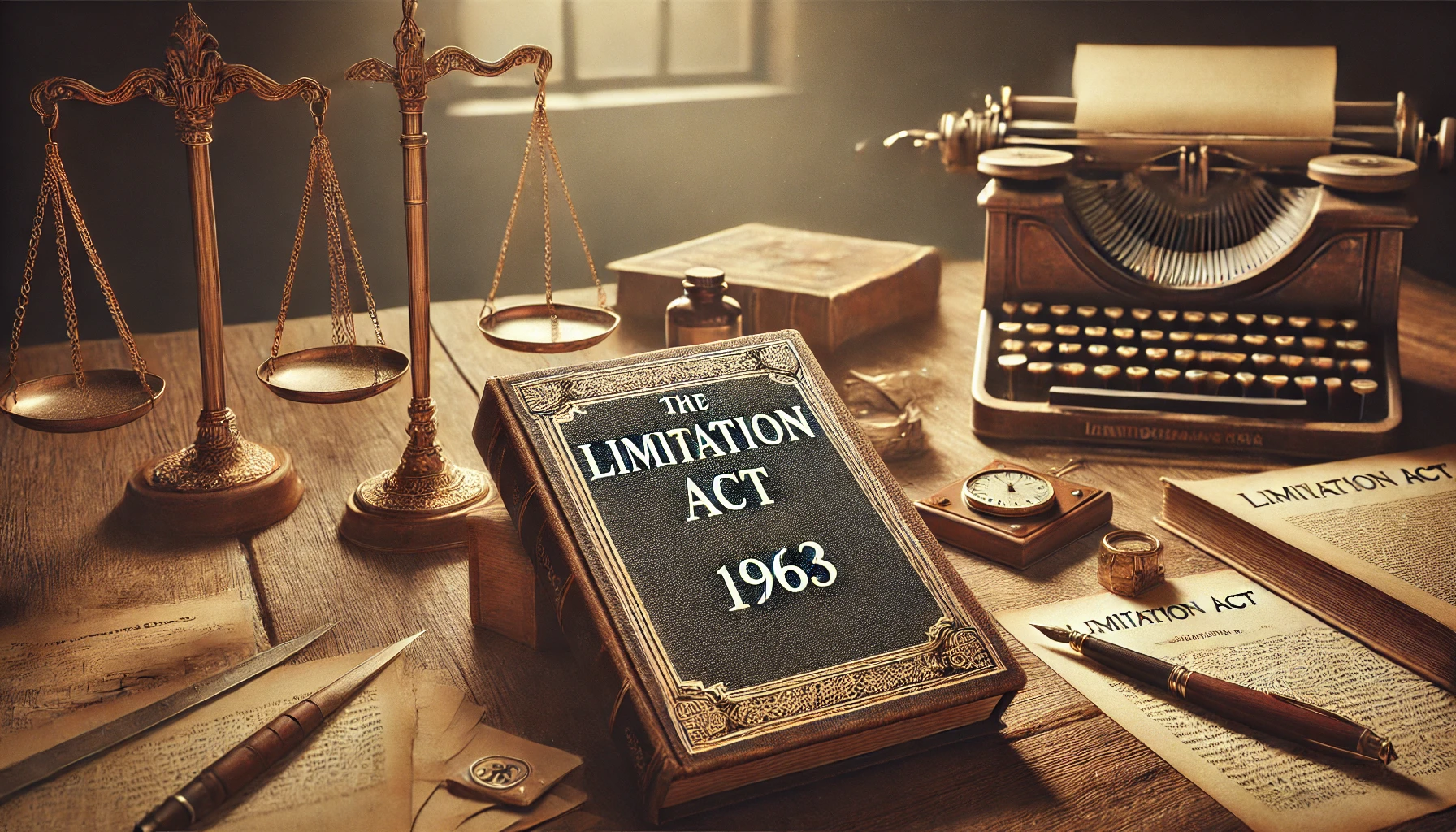Section 5 of the Limitation Act, 1963 is a crucial provision that provides for the extension of the prescribed period for filing appeals or applications in certain cases. This section embodies the principle of equity and justice, allowing courts to condone delays if the applicant demonstrates sufficient cause for not being able to meet the deadline.
Text of Section 5:
“Extension of prescribed period in certain cases:
Any appeal or any application, other than an application under any of the provisions of Order XXI of the Code of Civil Procedure, 1908, may be admitted after the prescribed period if the appellant or the applicant satisfies the court that he had sufficient cause for not preferring the appeal or making the application within such period.
Explanation: The fact that the appellant or applicant was misled by any order, practice, or judgment of the High Court in ascertaining or computing the prescribed period may be sufficient cause within the meaning of this section.”
Key Points:
- Applicability: Section 5 applies to appeals and applications, excluding applications under Order XXI of the Code of Civil Procedure, 1908. It does not apply to suits, which are governed by the limitation periods prescribed without extension under this section.
- Sufficient Cause: The term “sufficient cause” is not explicitly defined in the Act, allowing courts to interpret it on a case-by-case basis. It generally includes circumstances beyond the control of the appellant or applicant that prevented them from filing within the prescribed period. This can encompass a wide range of situations, such as illness, incorrect legal advice, or administrative delays.
- Discretion of the Court: The extension of time under Section 5 is at the discretion of the court. The court must be satisfied that the delay was caused by circumstances that constitute sufficient cause. This requires a judicious balance between the right of the appellant or applicant to have their case heard and the need for timely resolution of disputes.
- Explanation Clause: The explanation to Section 5 indicates that being misled by an order, practice, or judgment of the High Court in ascertaining or computing the prescribed period may be considered a sufficient cause for the purposes of this section. This emphasizes the importance of fairness and equity in judicial proceedings.
Practical Implications:
- Judicial Flexibility: Section 5 provides courts with the flexibility to address delays that occur due to genuine and unavoidable circumstances. This helps in preventing the miscarriage of justice due to strict adherence to procedural timelines.
- Burden of Proof: The onus is on the appellant or applicant to demonstrate sufficient cause for the delay. They must provide a plausible explanation supported by evidence to convince the court.
- Case-by-Case Basis: Courts assess each application for condonation of delay on its individual merits, considering factors such as the length of the delay, the reasons provided, and the overall interests of justice.
Landmark Judgments:
- Collector, Land Acquisition, Anantnag & Anr. v. Mst. Katiji & Ors. (1987): The Supreme Court emphasized that a liberal approach should be adopted in interpreting “sufficient cause” to ensure that technicalities do not hinder justice. The Court observed that substantial justice should not be sacrificed on the altar of technicalities.
- Balwant Singh v. Jagdish Singh (2010): The Supreme Court reiterated that “sufficient cause” should be construed liberally but not so generously as to defeat the purpose of the Limitation Act. The applicant must provide a reasonable explanation for the delay.
- State of West Bengal v. Administrator, Howrah Municipality (1972): The Court held that the doctrine of “sufficient cause” is elastic enough to enable the courts to apply the law in a meaningful and practical manner.
Examples:
- Medical Emergencies: If an appellant was hospitalized and unable to file an appeal within the prescribed period, they can seek an extension under Section 5 by providing medical certificates and other relevant documents.
- Incorrect Legal Advice: If an applicant received incorrect legal advice regarding the limitation period and missed the deadline, they can seek condonation of the delay by proving that they acted in good faith based on the advice received.
- Administrative Delays: If there were delays in obtaining necessary documents from government offices, which prevented the timely filing of an application, the applicant can seek an extension by providing evidence of the efforts made and the reasons for the delay.
Conclusion:
Section 5 of the Limitation Act, 1963, serves as a crucial provision to ensure that justice is not denied due to procedural delays. By allowing courts to extend the prescribed period for filing appeals and applications upon showing sufficient cause, it provides a necessary balance between adherence to legal timelines and the principles of fairness and equity. This section underscores the judiciary’s role in interpreting and applying the law in a manner that upholds the overarching goal of delivering substantial justice.

